

This year, the seventhThe 17th Golden Globe Awards are the first to launch an all-vegetarian dinner.Golden GlobesIt's American film and televisionOne of the most important awards in the world, as the first film and television dinner held each year, the Golden GlobesThe vegetarian dinner ushered in a new era of vegetarianism in Hollywood, reaffirming environmental and sustainability issues in the public eye.
Referring to the thinking behind the move, Lorenzo Soria, president of the Hollywood Foreign Press Association (HFPA), the organiser, said: "The way we eat food, the way it grows, disposes of and processes, has led to the climate crisis. The climate crisis hangs over us, and we are thinking about how to deal with it in the new year and the decade to come. Lorenzo doesn't think a meal will change the world, but this small decision could gradually affect public perceptions of the climate crisis.
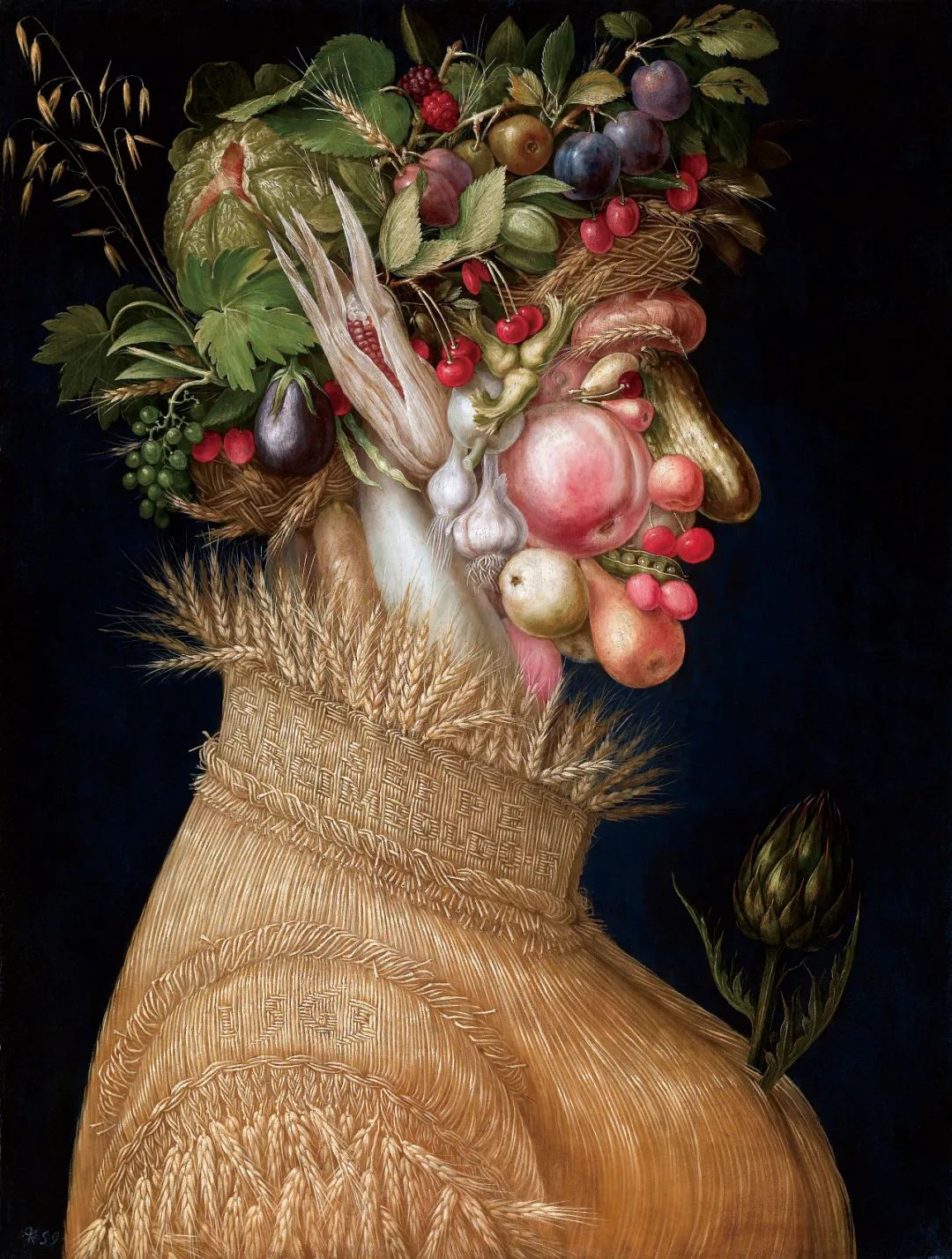
Giuseppe Arcimboldo's 1573 work "Summer", a popular portrait of fruits and vegetables, was pioneering at the time.
Vegetarianism is nothing new in European and American culture, and former U.S. President Clinton chose to become a vegetarian after two major heart problems, with Madonna, Beyoncé, Anne Hathaway, Miley Cyrus and Brad Pitt all loyalists of vegetarianism.
Twitter co-founder Biz Stone has been vegan for more than a decade, Facebook's Zuckerberg decided to become a vegetarian at the birth of her daughter as a way of thanking life, and Apple's Steve Jobs, also a well-known vegetarian, seems to have become a lifestyle map for Silicon Valley's successful people.
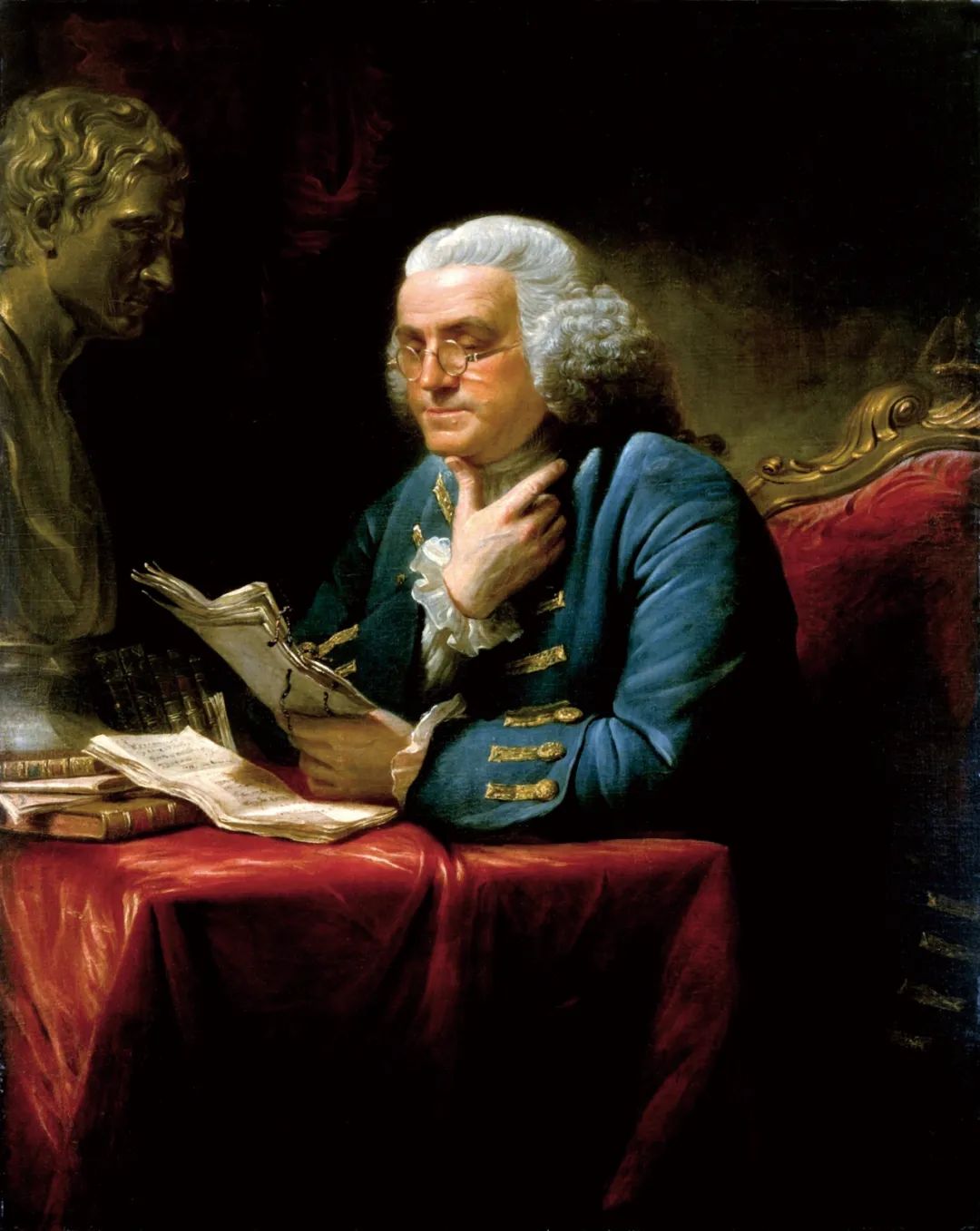
An oil painting of Benjamin Franklin, President of the United States,
President Franklin was a vegetarian.
From the earliest familiar "vegetarians", it can be found that vegetarianism is the first to become popular among the social elite because it is seen as a healthier, greener way of life.So does vegetarianism have some sort of class barrier because it's labeled as an identity?
Vegetarianism has long been a source of European and American culture
The vegetarian movement before the nineteenth century was mainly related to religion. Beginning in the seventeenth century, vegetarianism began to show concern for animal rights. There is a growing number of religious groups that refuse to eat meat, and Thomas Tryon, a prominent vegetarian advocate, is pushing vegetarianism to sprout in the UK by refusing to use the "body of an animal companion" as a food.Donald Watson, BRITISH animal rights protector and founder of Vegan Society.The Financial Times once published an article, The Lies and Truths of Vegetarianism, referring to the origins of the formal name of vegetarianism, pointing out that the value base is a prerequisite for further attention to animal rights. Vegan was named after Donald Watson, a British animal rights activist, who and several early vegetarians agreed on the life creed of "should not crush animals for food or any other purpose" when they formed the Vegan Society. "Vegans don't eat meat, poultry, fish, shellfish, dairy products, eggs or honey. Many people choose to avoid the use of leather, wool and other animal products. "Unlike traditional vegetarians, modern vegetarians do not eat for a single religion, and they are more concerned about their health, animal rights and environmental impacts.Vegetarianism, which began in the 1960s and 1970s, has gradually become a popular trend, with more and more people opting for veganism and vegetarianism as a way of life showing a trend towards popularization and popularization.According to Judaism, humans on Earth were vegetarians about 1,500 years after the birth of Adam and Eve. Today, Israel also has one of the highest proportions of vegetarians in the world.In the UK, the number of vegans in the UK has risen by 360 per cent in the past decade, according to a 2016 survey. In the U.S., the number of vegetarians in the U.S. also soared between 2008 and 2015, according to Harris Interactive. If semi-vegetarians are included, nearly 40 percent of the U.S. population is vegetarians and semi-vegetarians, according to the American Vegetarian Association, and a large number of vegetarian restaurants and menu choices make vegetarianism within reach, even in non-vegetarian restaurants, where vegetarian dishes with the word "V" are available.The modern popularity and social attributes of vegetarianism
Today, the market data give us another powerful indication of the trend towards the popularity of vegetarianism. The global generic meat market grew by 18% between 2005 and 2010 and 8% in the US between 2012 and 2015;A vegan burger made by Impossible Foods.According to Twitter's January 2019 data, meat-free diets topped the trend list. Launched in 2003 by Medias Monday, the campaign has been adopted by many local authorities and schools, calling for vegetarian food every Monday for health and environmental protection. More and more people are increasingly agreeing with the vegetarian lifestyle, and the concept of "flexible vegetarians" has emerged.Flexitarian, a combination of flexible and vegetarian that is more widely adopted by the fitness population, has an "elastic" selection of animal diets in this new vegetarian diet, which is thought to be more beneficial to the body than veganism.With the vegetarian movement in the public eye, the mass base of vegetarians and popular market choices mean that vegetarianism is no longer a niche option, so can we conclude that vegetarianism no longer has class barriers today?Oscar-winning actor Joaquin Phoenix appeared in PETA's vegetarian advertising campaign.The key to this question is how we define vegetarianism when we talk about it. In the city, vegetable salads are highly active at the office lunch table, white-collar workers on Financial Street replace acetapies with steaks for dinner, protein bars are an important energy supply for urban fitness crowds, and in remote towns and villages, some elderly people are not eligible for pensions to drink meat-free vegetable soup, "vegan" instant noodles are to make some children smile rich dinner.It's also vegetarian.The difference between this is "select."Active and passive choices divide the social attributes of vegetarianismVegetarianism, as a new way of life choice, undoubtedly belongs to those who have no worries about the social form and population, vegetarianism popularization trend and differences between groups are also parallel.Beyond social attributes, the value of recognizing a certain "ism" trend is whether it takes our group consciousness and situation in a better direction. When the motivations and meanings behind them are ignored and chosen only as a label, vegetarianism is merely one of many lifestyles defined by consumerism and a means for urbanites to shape their self-consumption personality.E.G. Fulton's 1910 book Vegetarian Recipes
Mike Featherstone, a well-known scholar in the field of cultural studies, explains the strict sociological significance of lifestyle when observing the phenomenon of social consumption groups.In contemporary consumer culture, lifestyle refers to personality, self-expression, and style self-awareness. A person's body, clothing discourse, leisure, dietary preferences, home, car and vacation place, etc. , can be said to represent the owner's style and taste of individuality.”If "vegetarianism" is confined to the context of the consumer society, in addition to serving consumerism, its significance is difficult to go beyond commoditization. Vegetarianism should have more sustainable far-reaching implications than being a puppet of consumerism.The Enlightenment of Vegetarianism: Humans and the Environment
James Cameron had asked the Avatar 2 crew for a total ban on meat, and during the two-year filming the cast and crew followed the director. In the film, Avatar is born of human desire, and under the influence of the indigenous Navi people of Pandora, the desire is expelled, reflecting James Cameron's vision of the return of the original spirit of mankind.James Cameron's "Avatar" sequel concept poster.In this story, which belongs to the next 2154, James Cameron conveys his thoughts on people and the environment to audiences around the world, saying in an interview:Environmental degradation is already terrible, and as a storyteller, I'm now devoting all my energy to creating grassroots stories to help more people understand the environmental issues that are affecting everyone and take timely action to make a difference.”Cameron co-founded Muse School, a vegetarian school, with his wife, Suzy Amis.The negative impact of huge meat consumption on the planet needs to gradually come into the public eye, and James Cameron has also called out the environmental burden of animal husbandry on CNN: "About 60 percent of our crops are made into animal feed that is very inefficient, and vegetarian eating reduces the carbon footprint by about a third and alters the planet's greenhouse effect." To that end, he and his wife co-founded Muse School, the nation's first vegan school, and were approved to promote vegetarian programs in Southern California to promote the concept of vegetarianism and conservation.James Cameron's inspiration to vegetarians is that vegetarianism is not as a label per se, or even as a choice and act itself, but as an active concern for the environment as an individual human being.This year, the 77th Annual Golden Globe Awards launched the first all-vegetarian dinner.Vegetarianism is more important in that it creates an opportunity for human beings to observe, think and adjust their behavior in the process of moving towards the future, in their association and interaction with the external environment.Writer/Gigi Zhou Editing by William YehDesign/Vivi.Z New Media Design/Dean




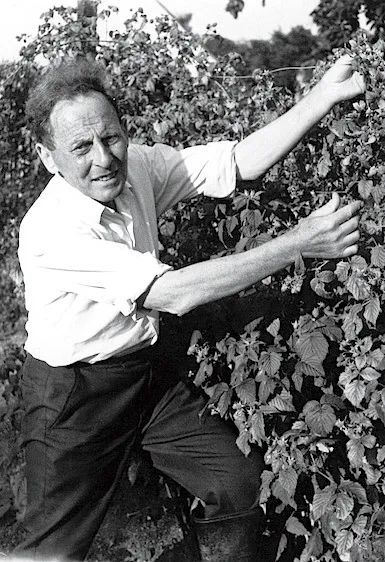
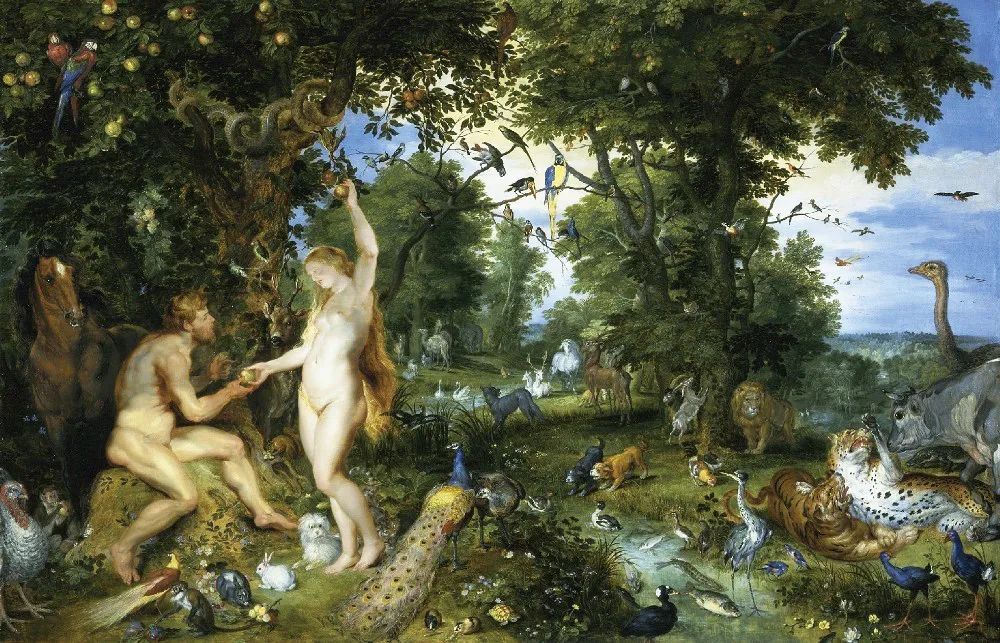
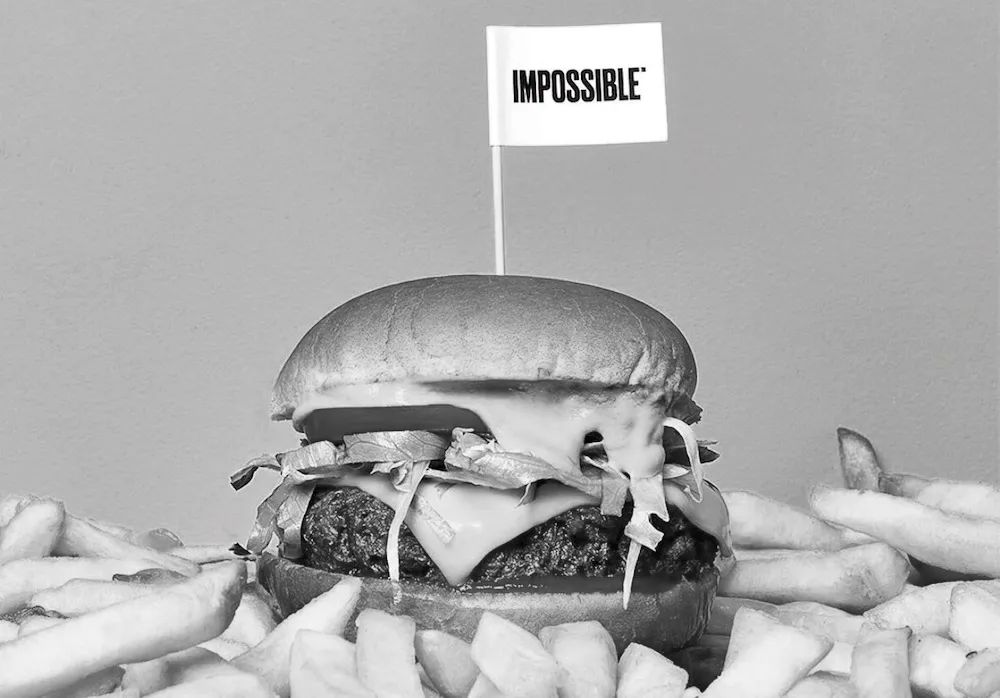
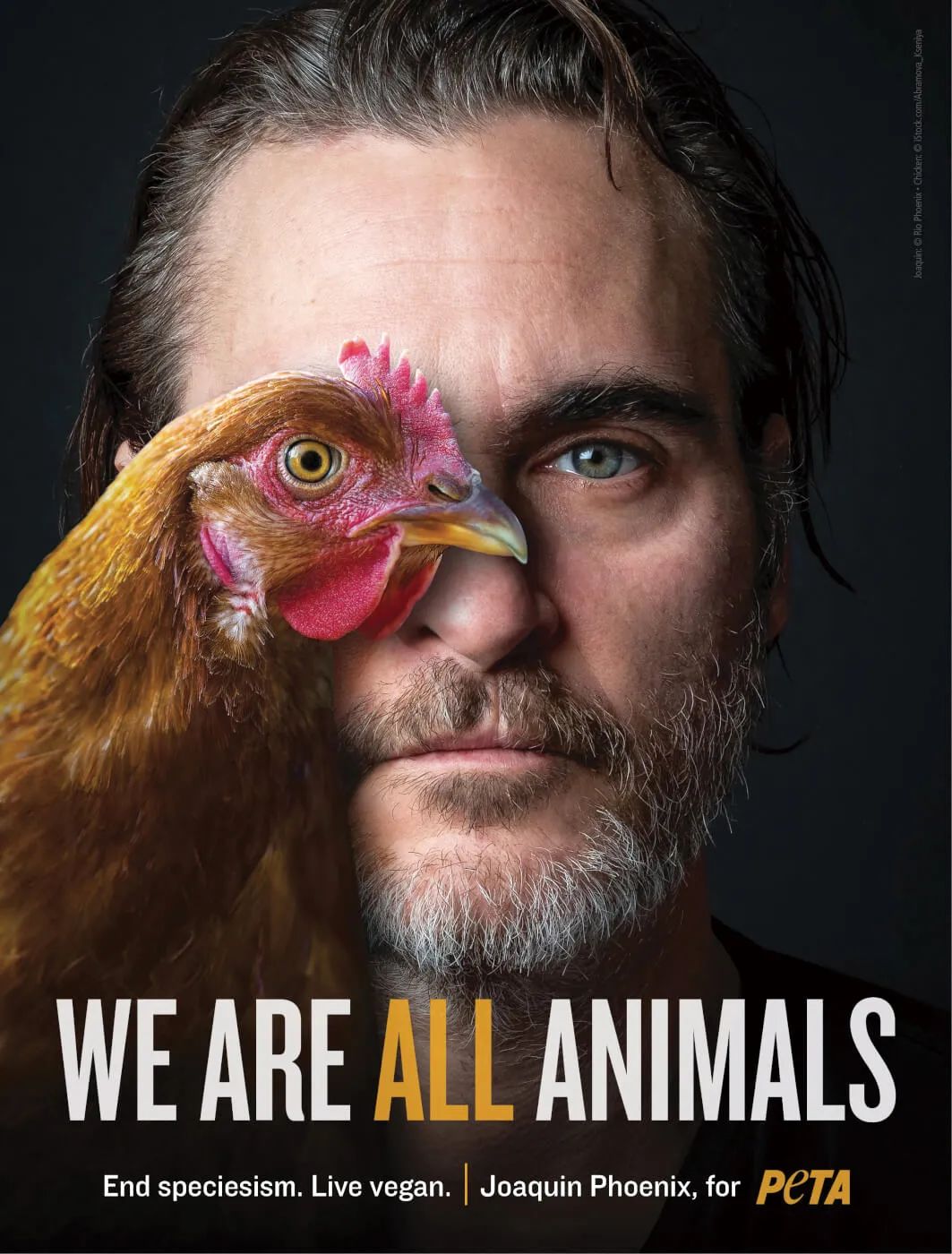
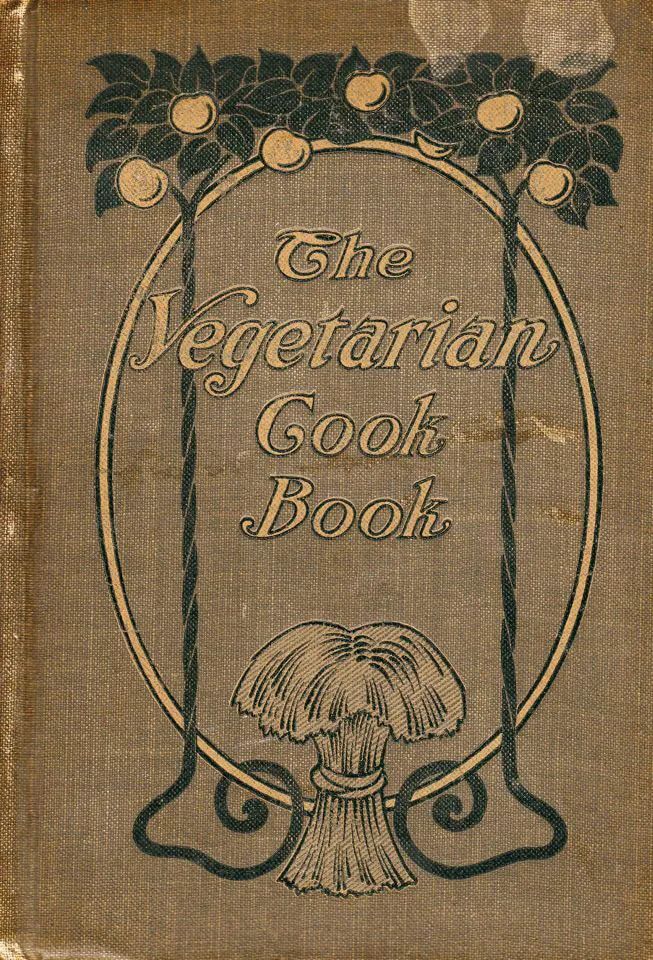

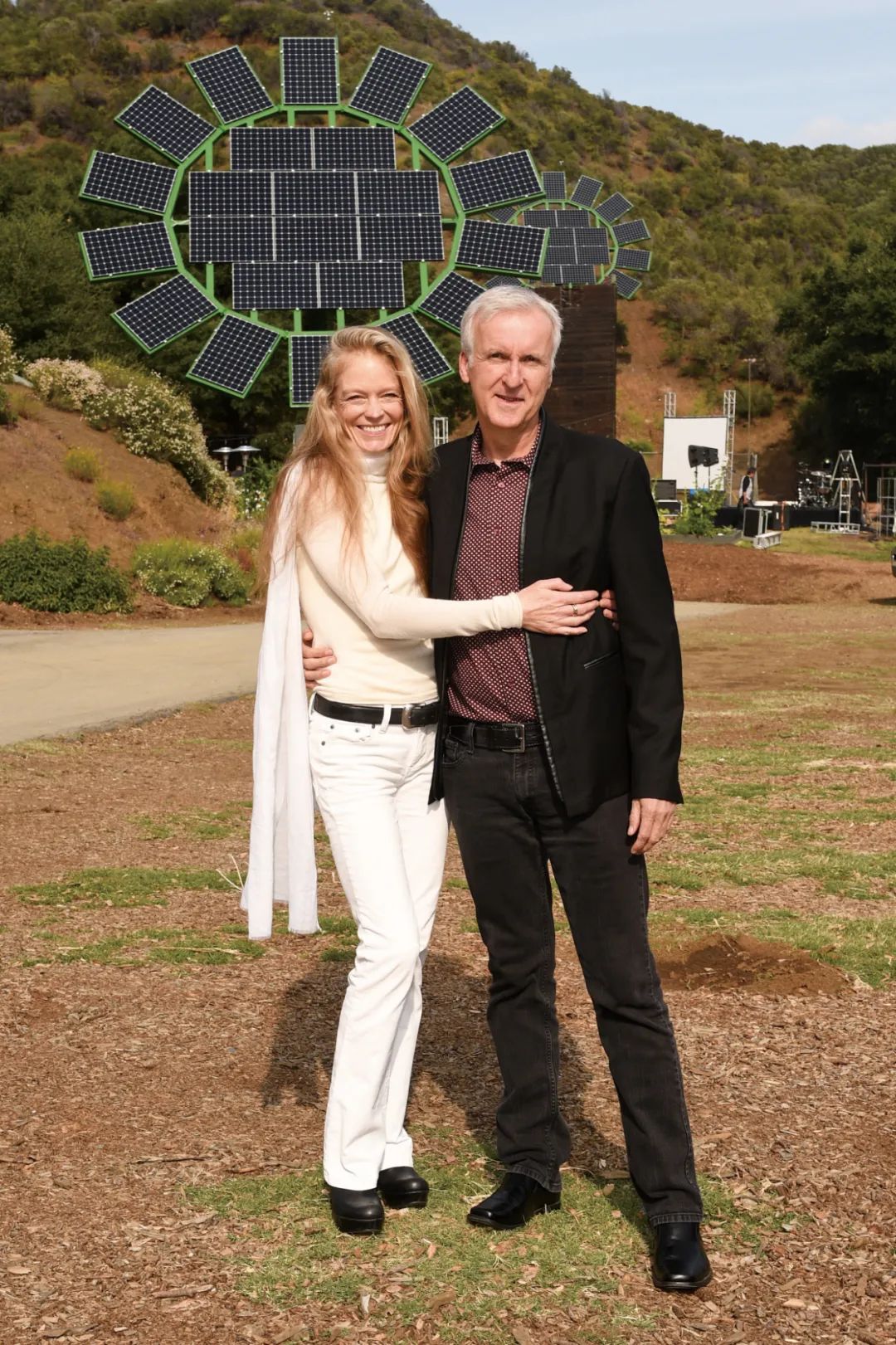
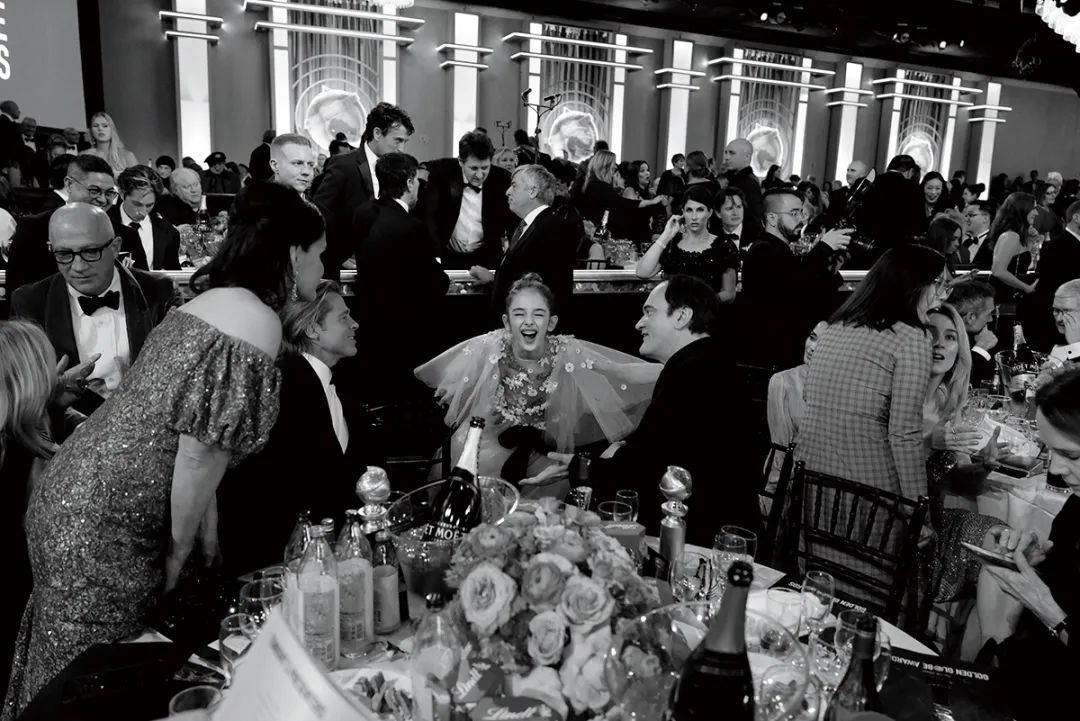
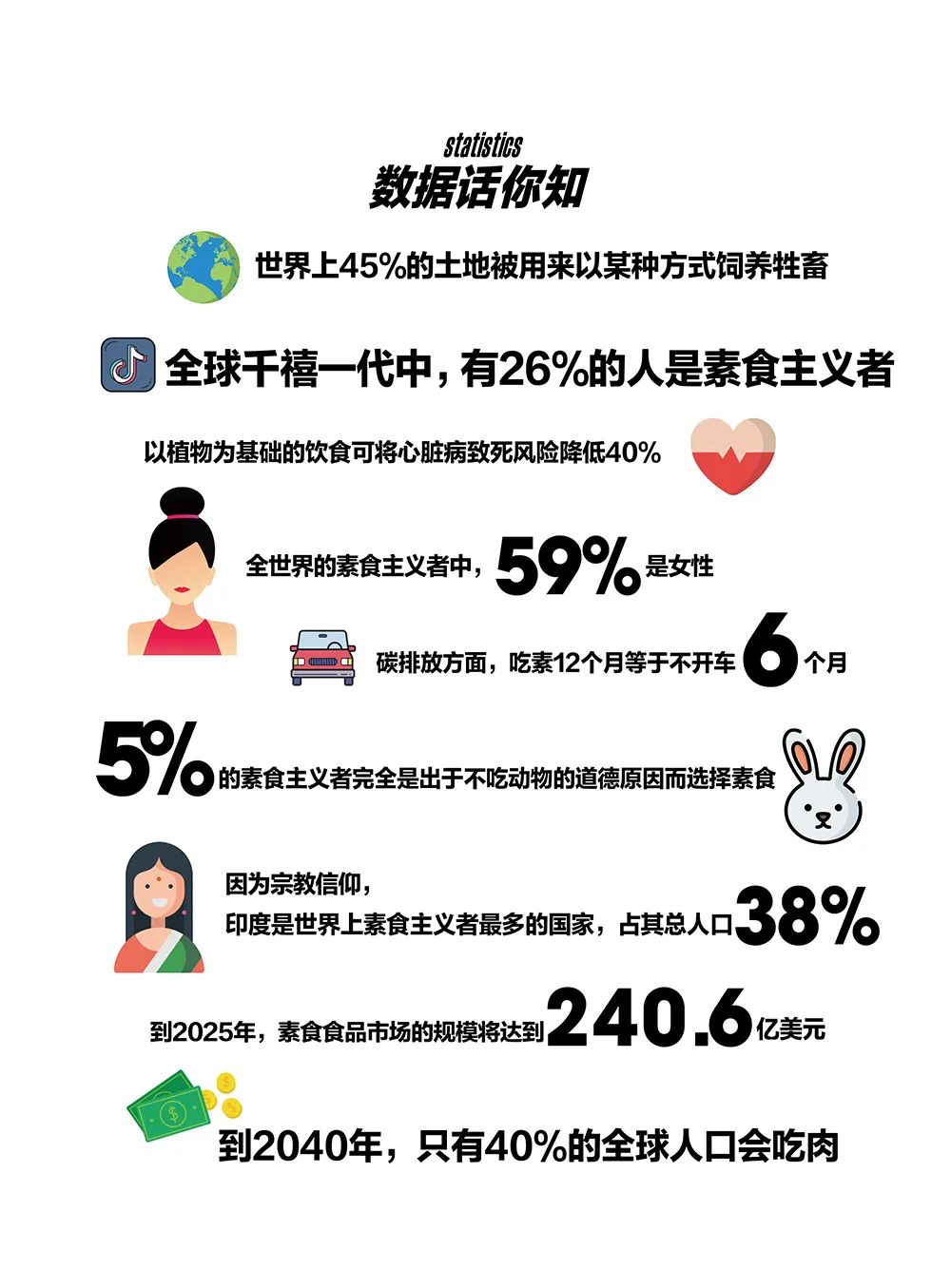










Go to "Discovery" - "Take a look" browse "Friends are watching"